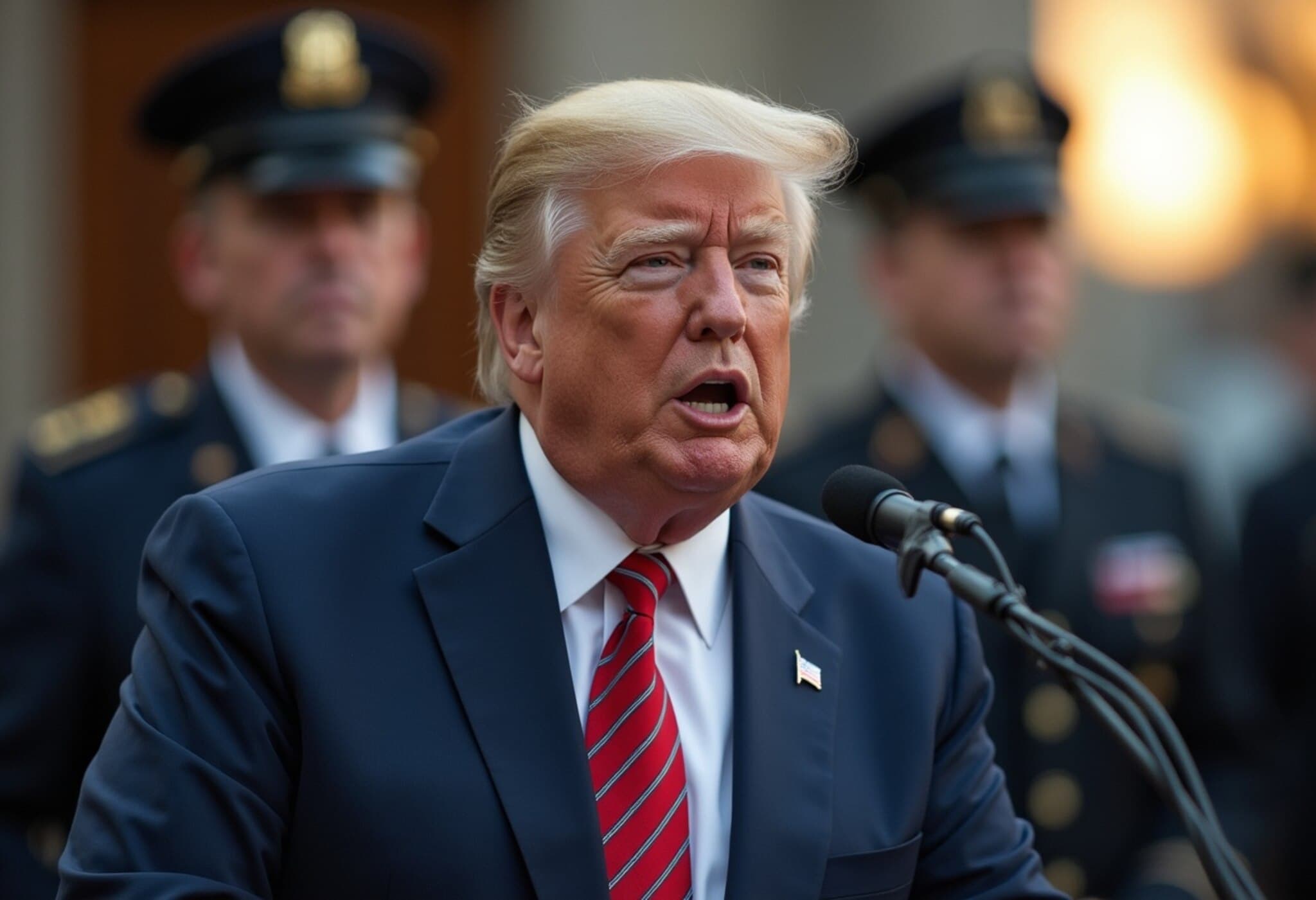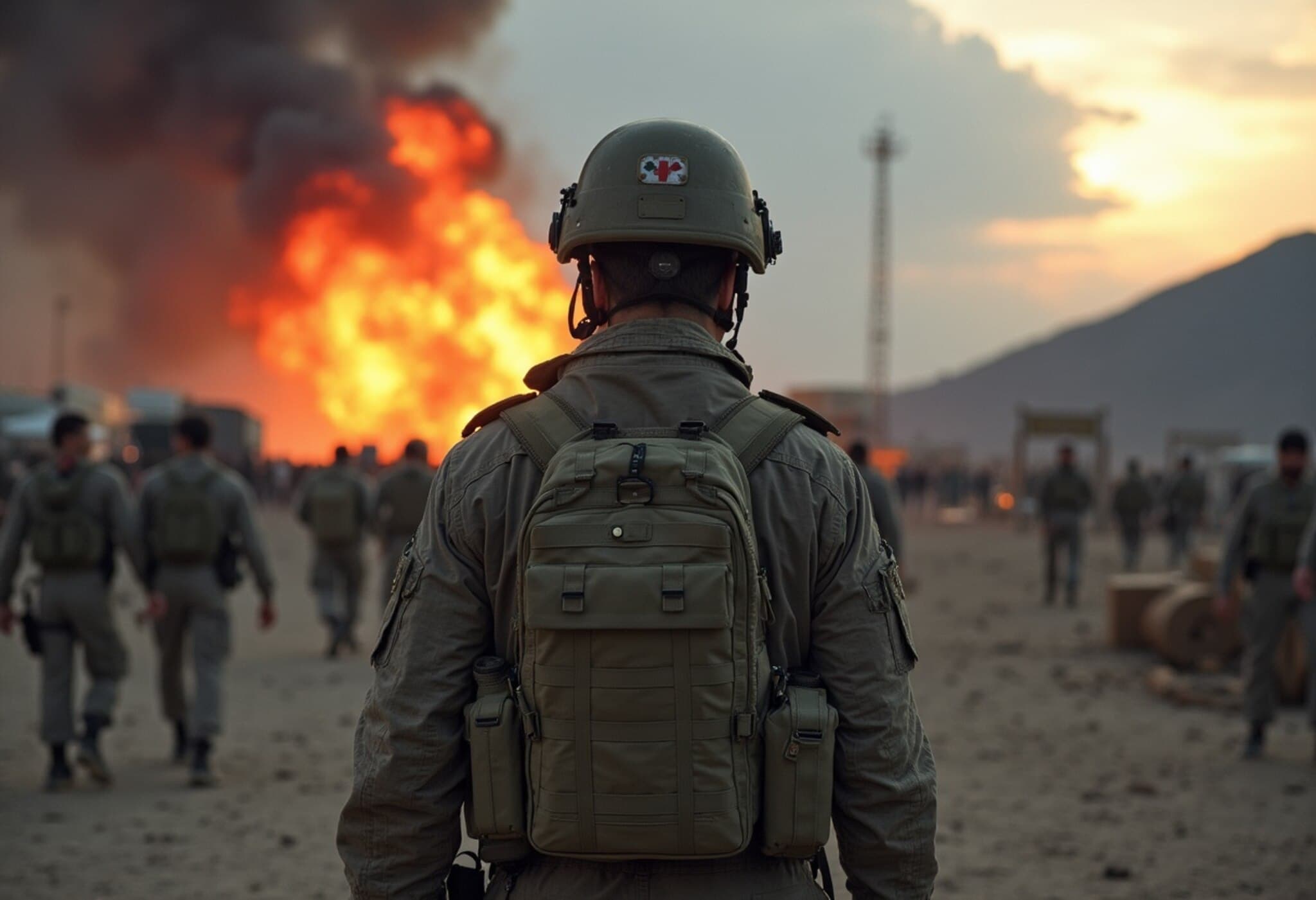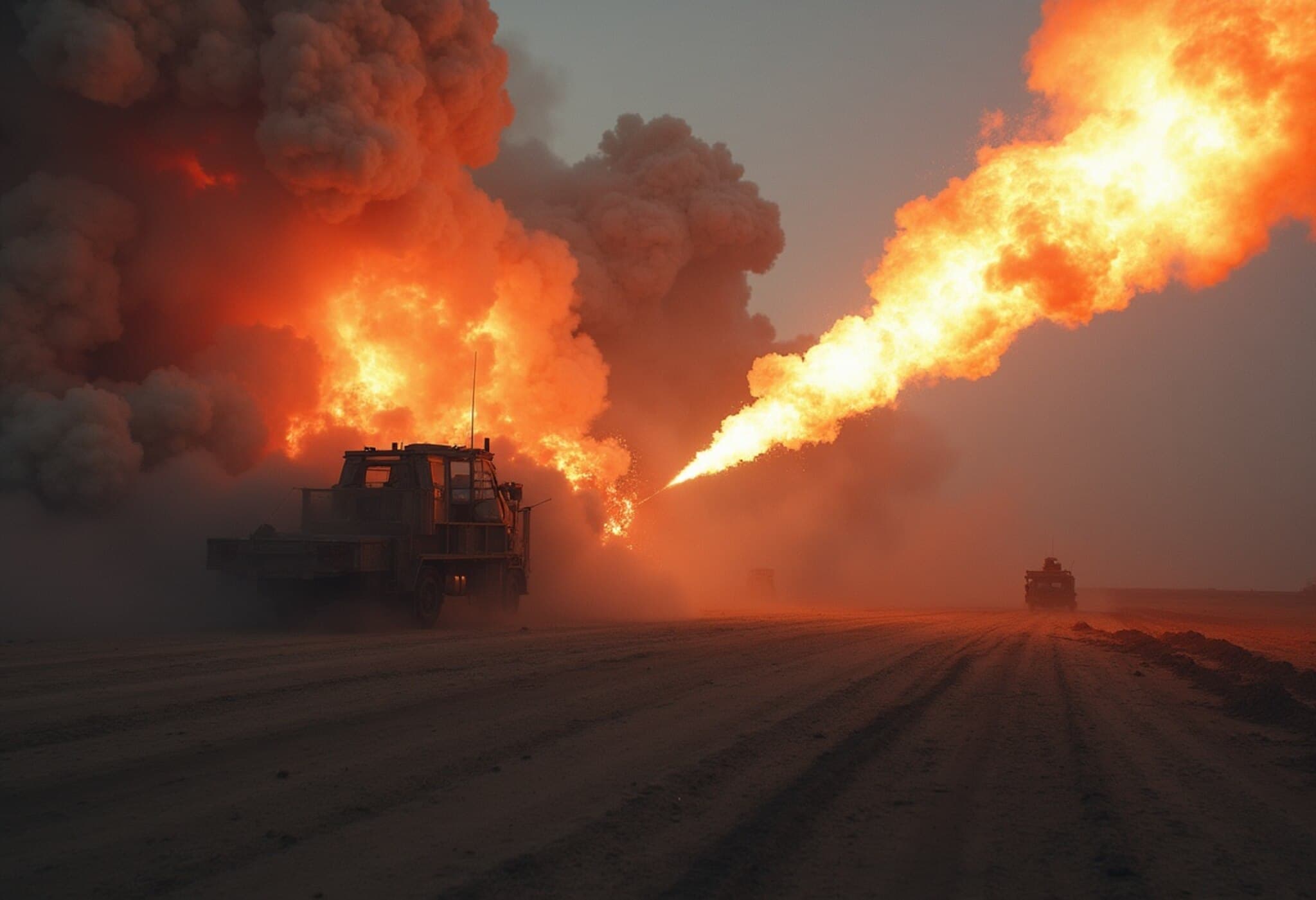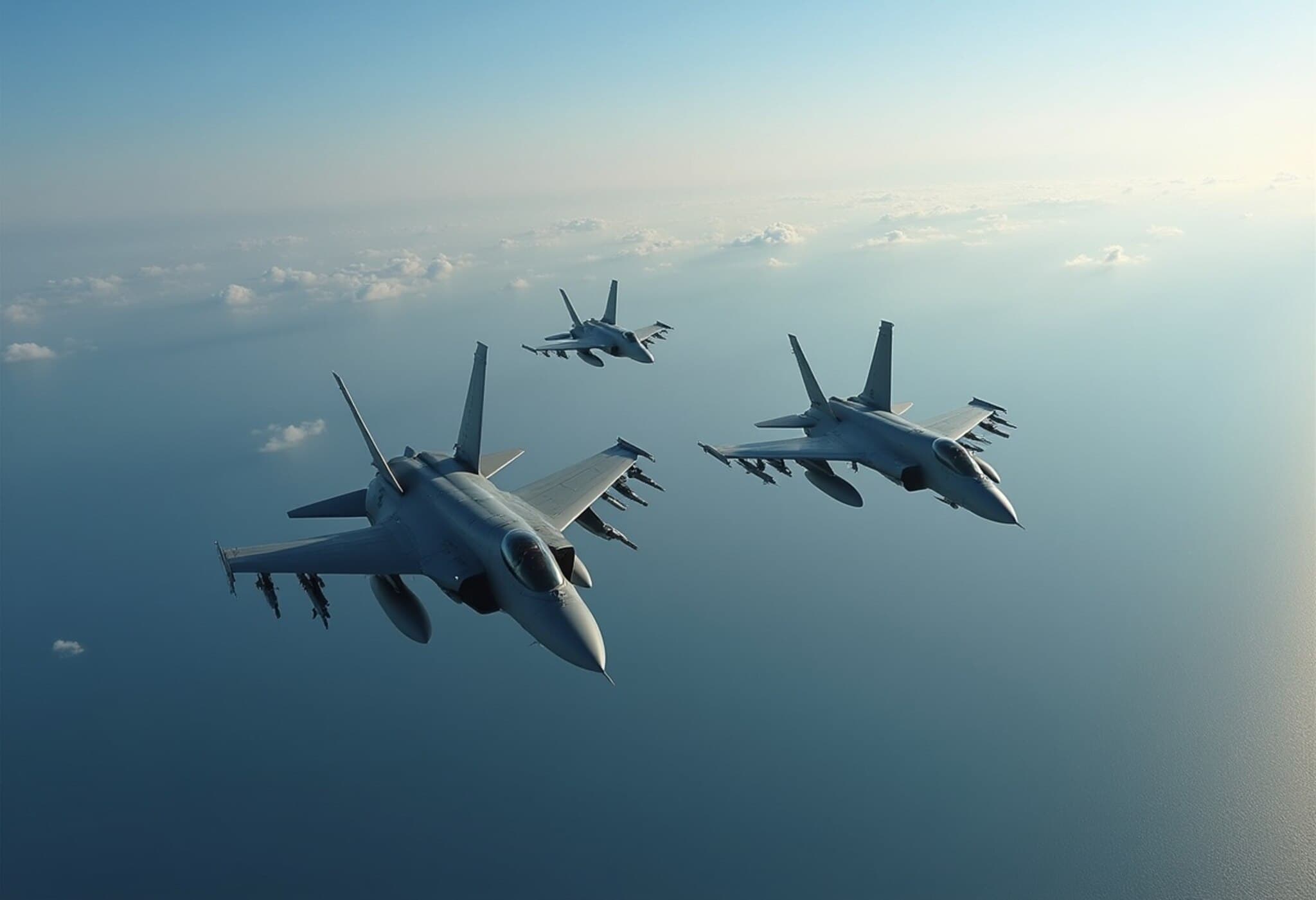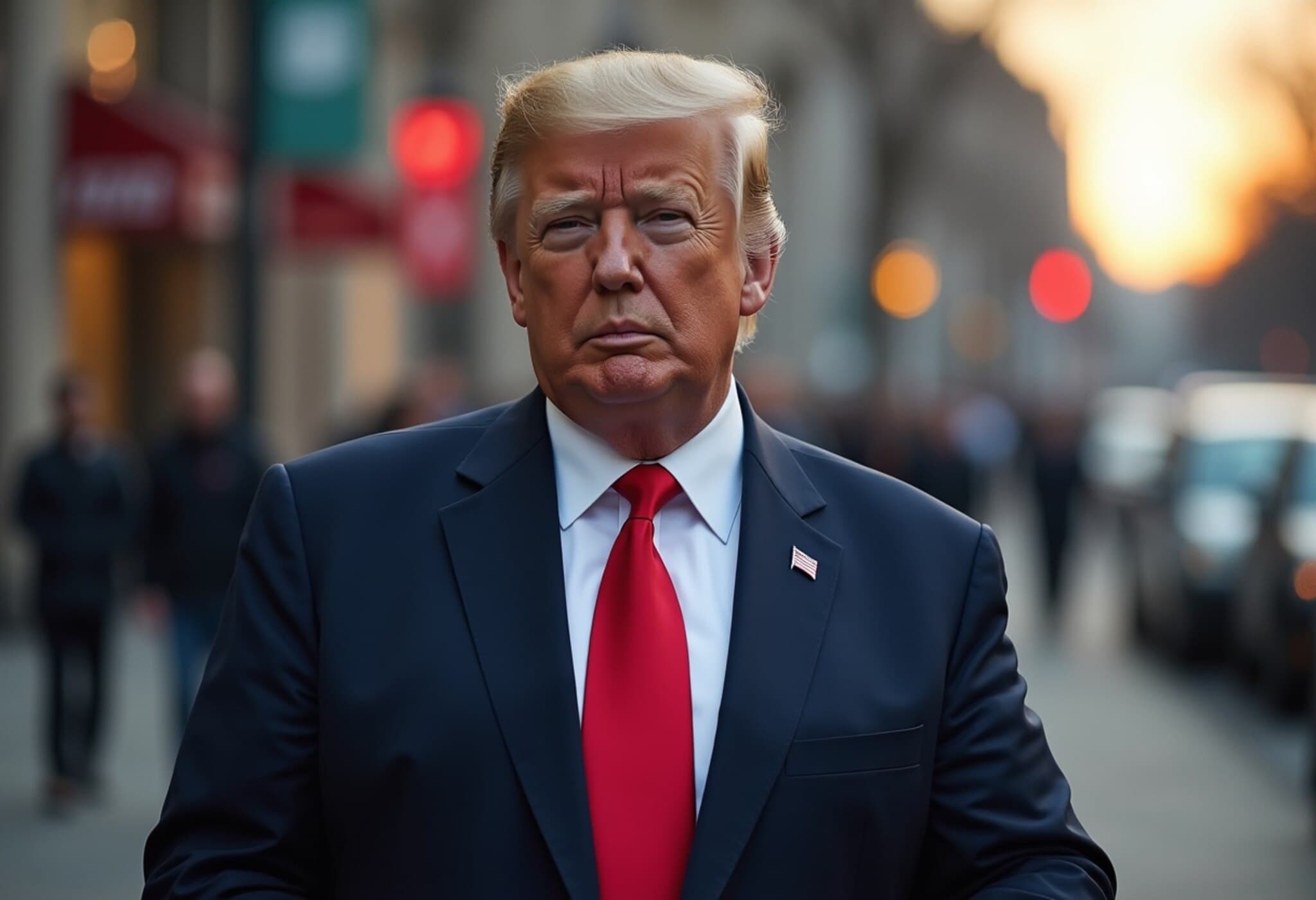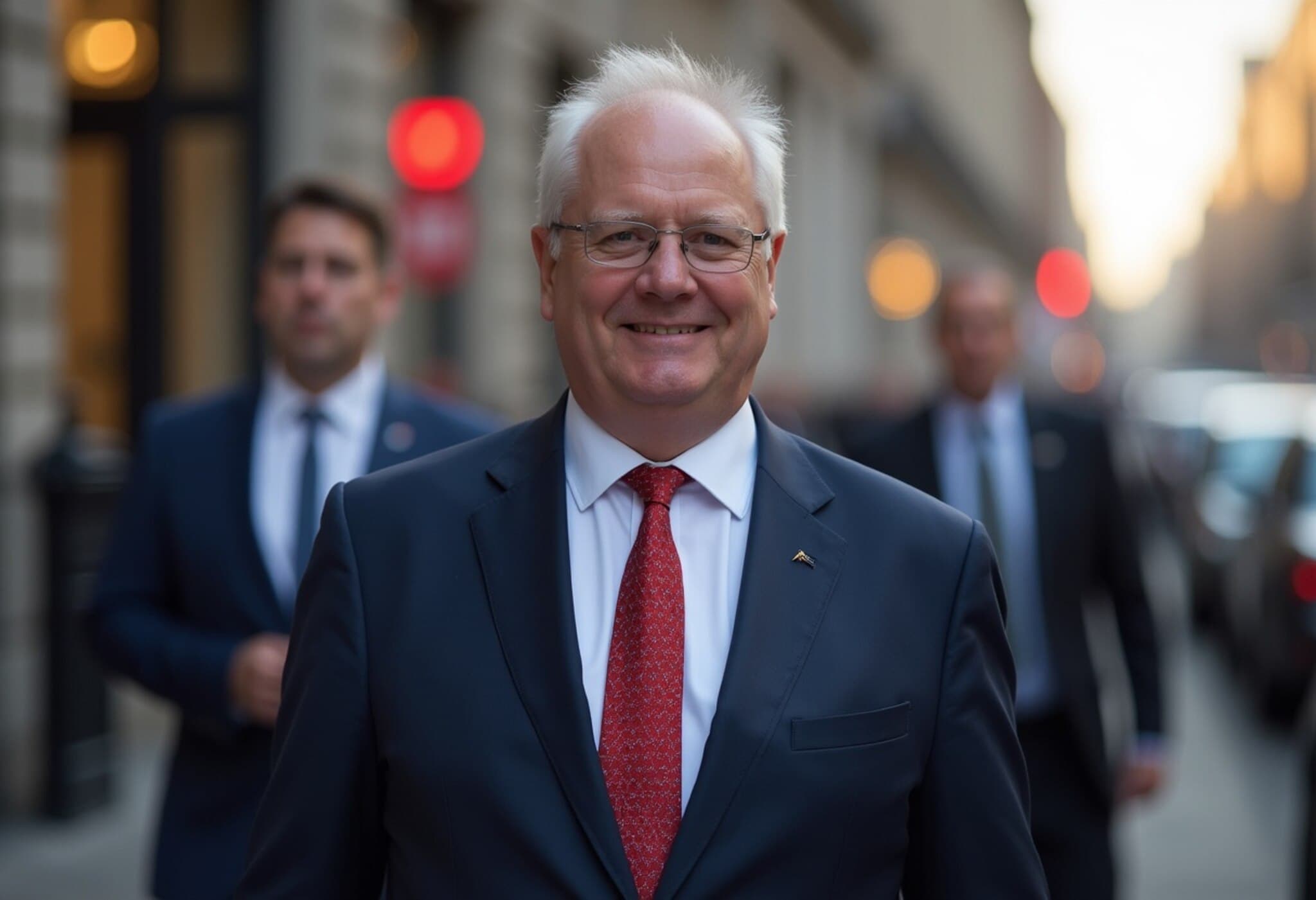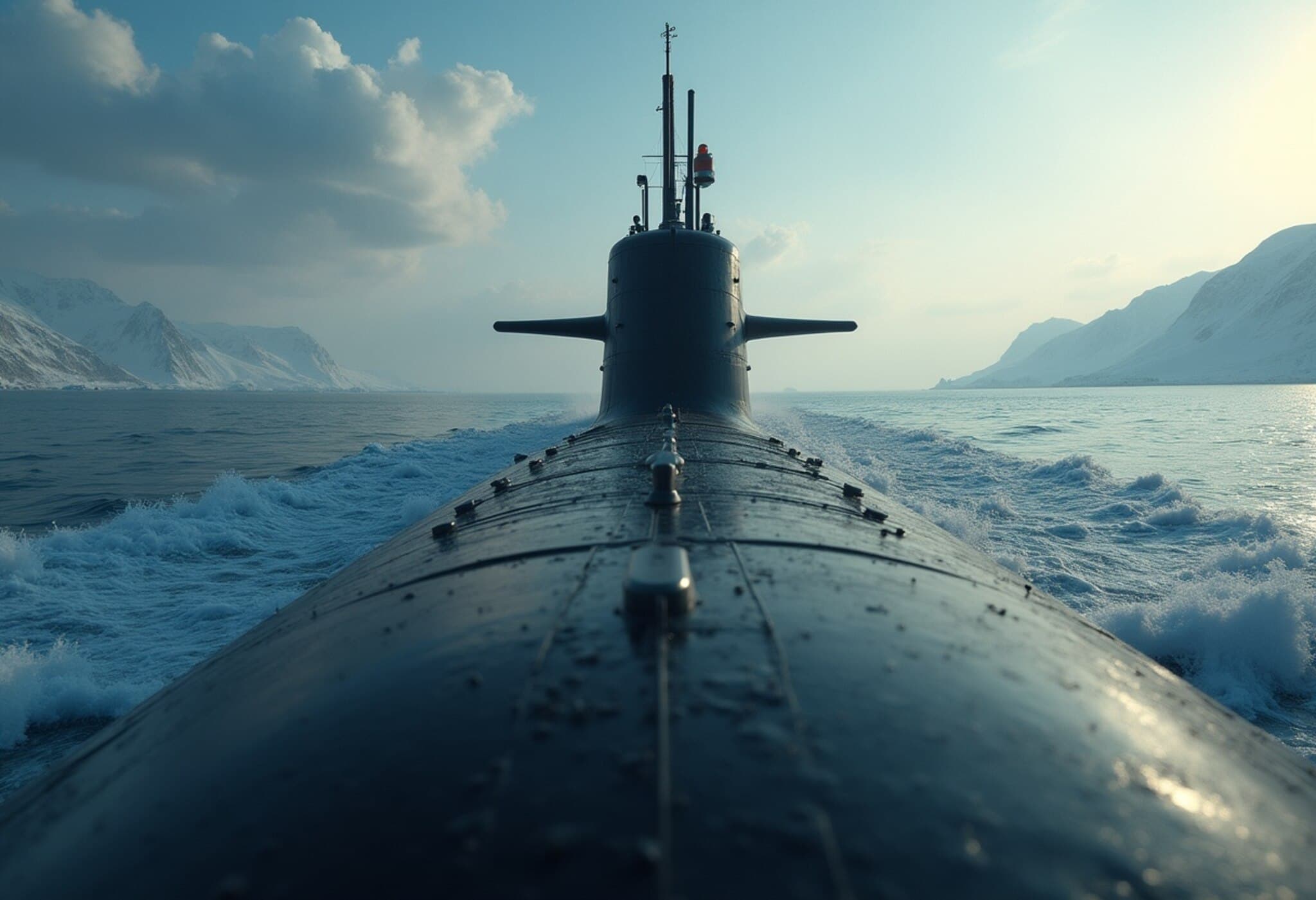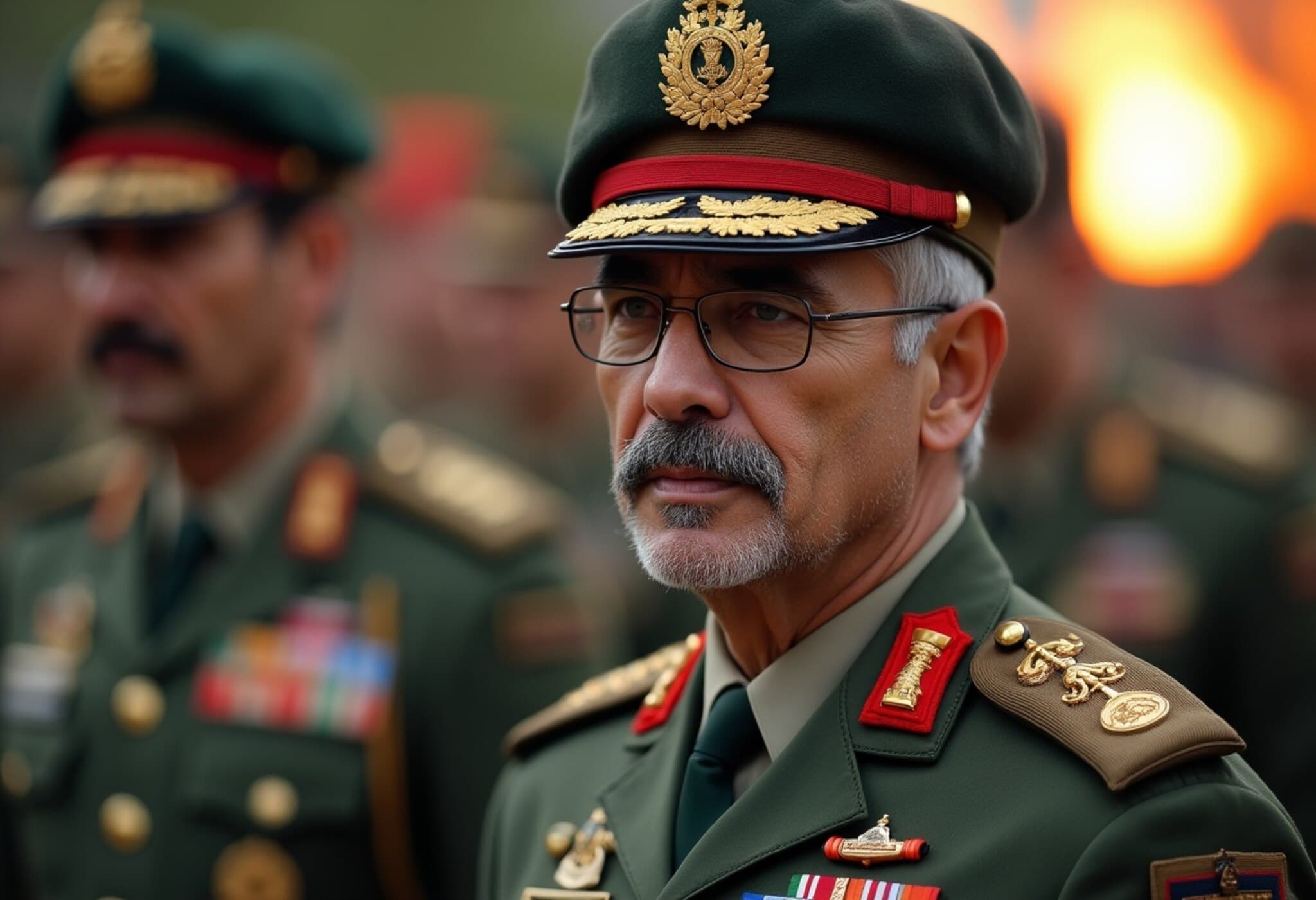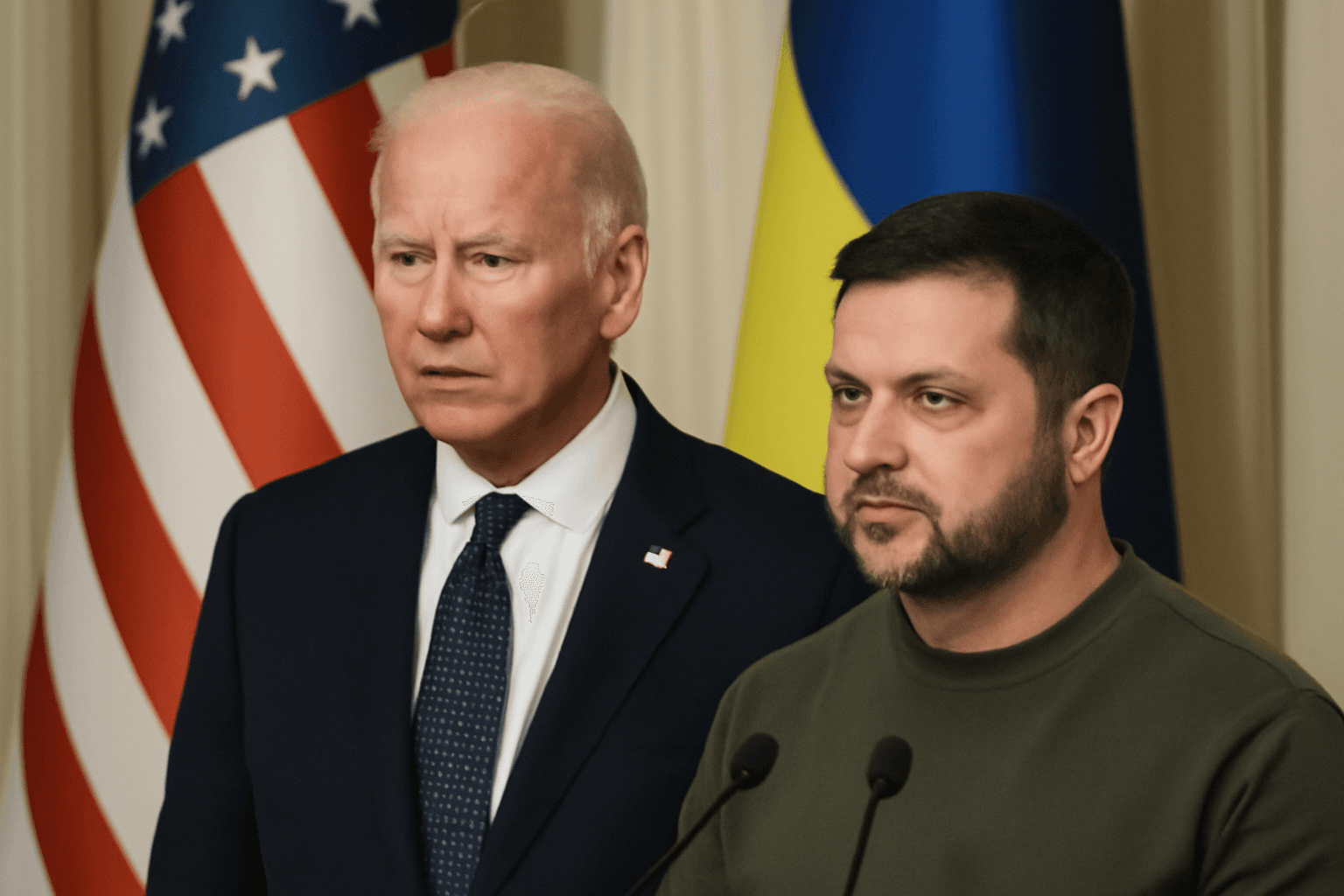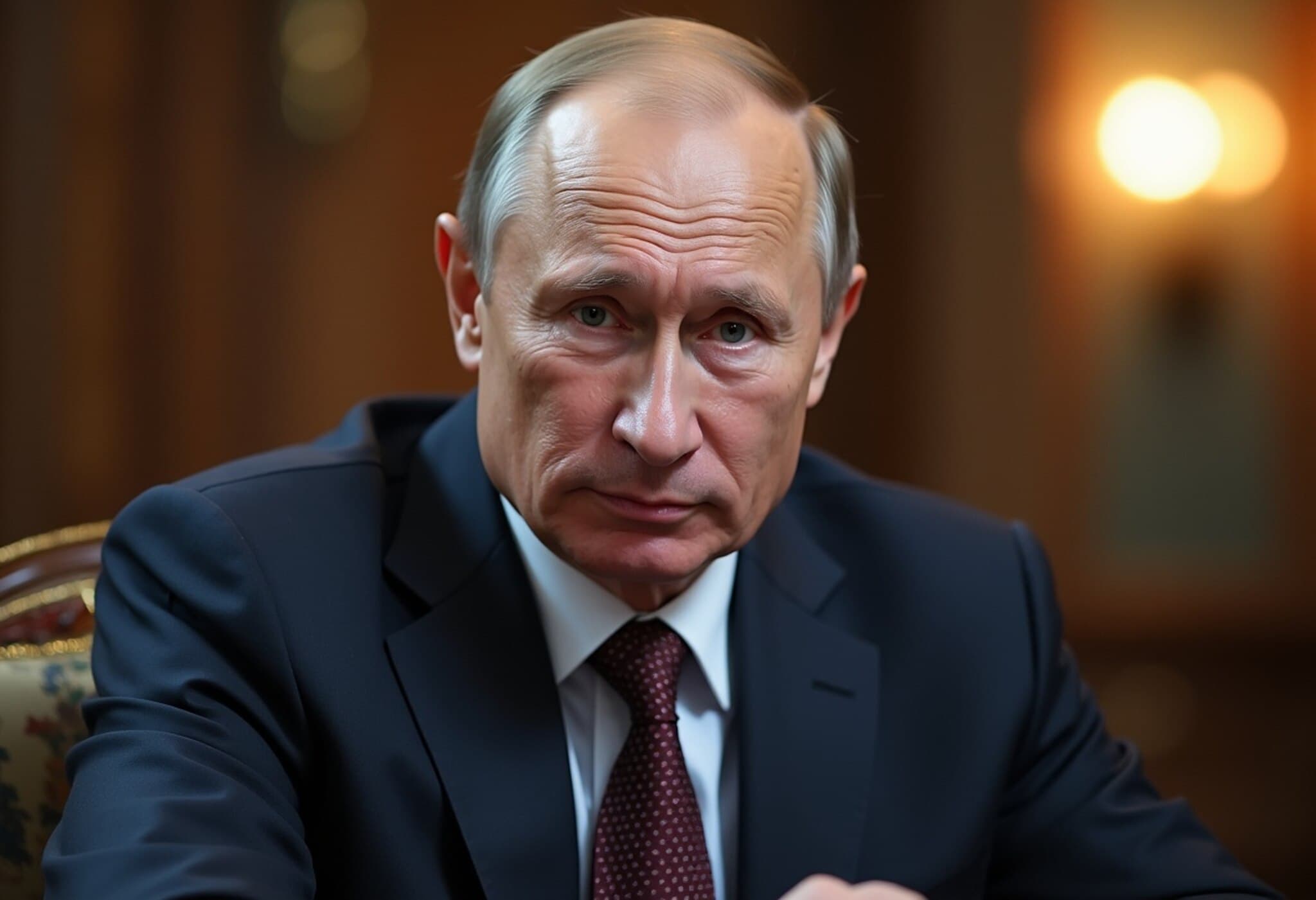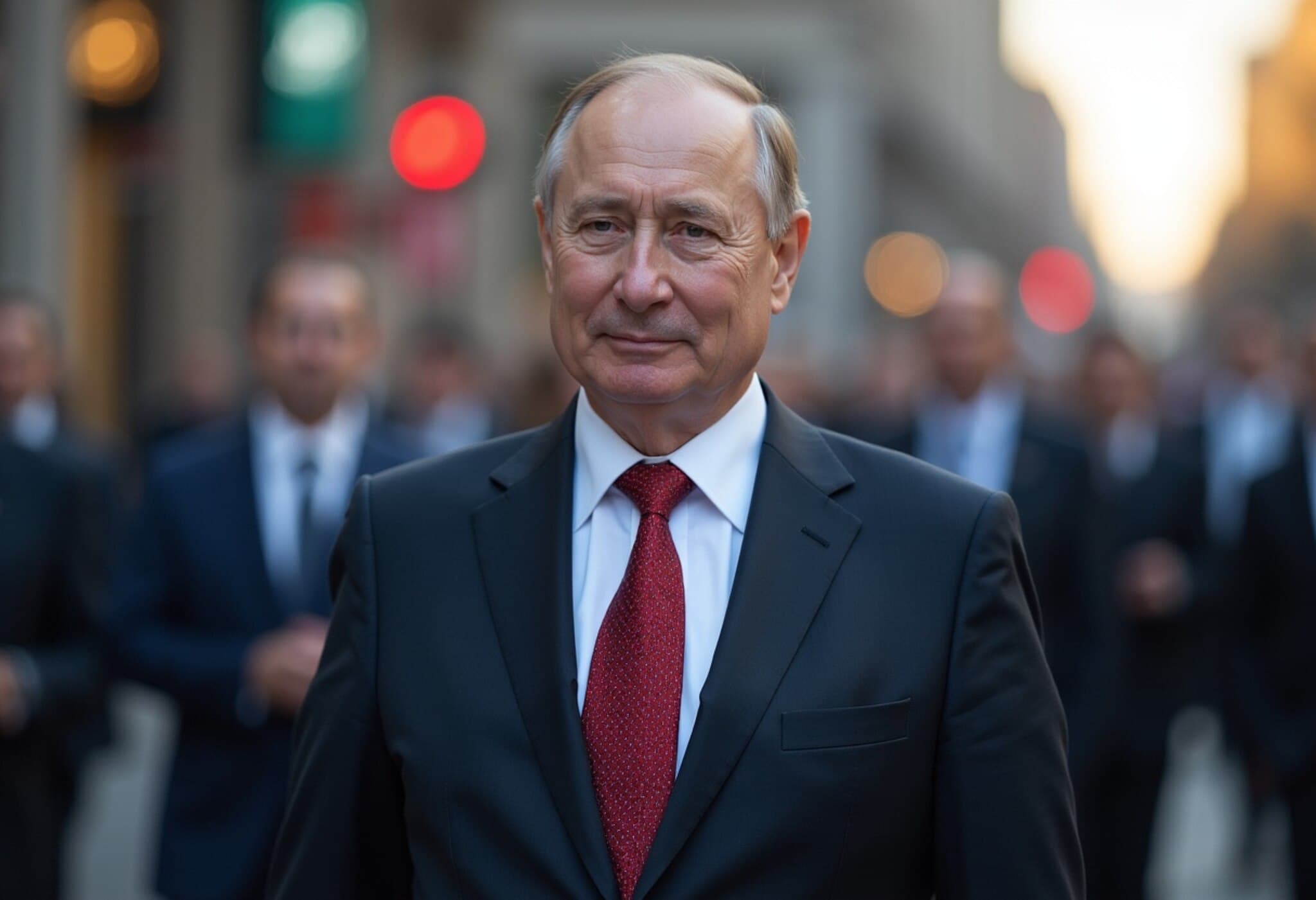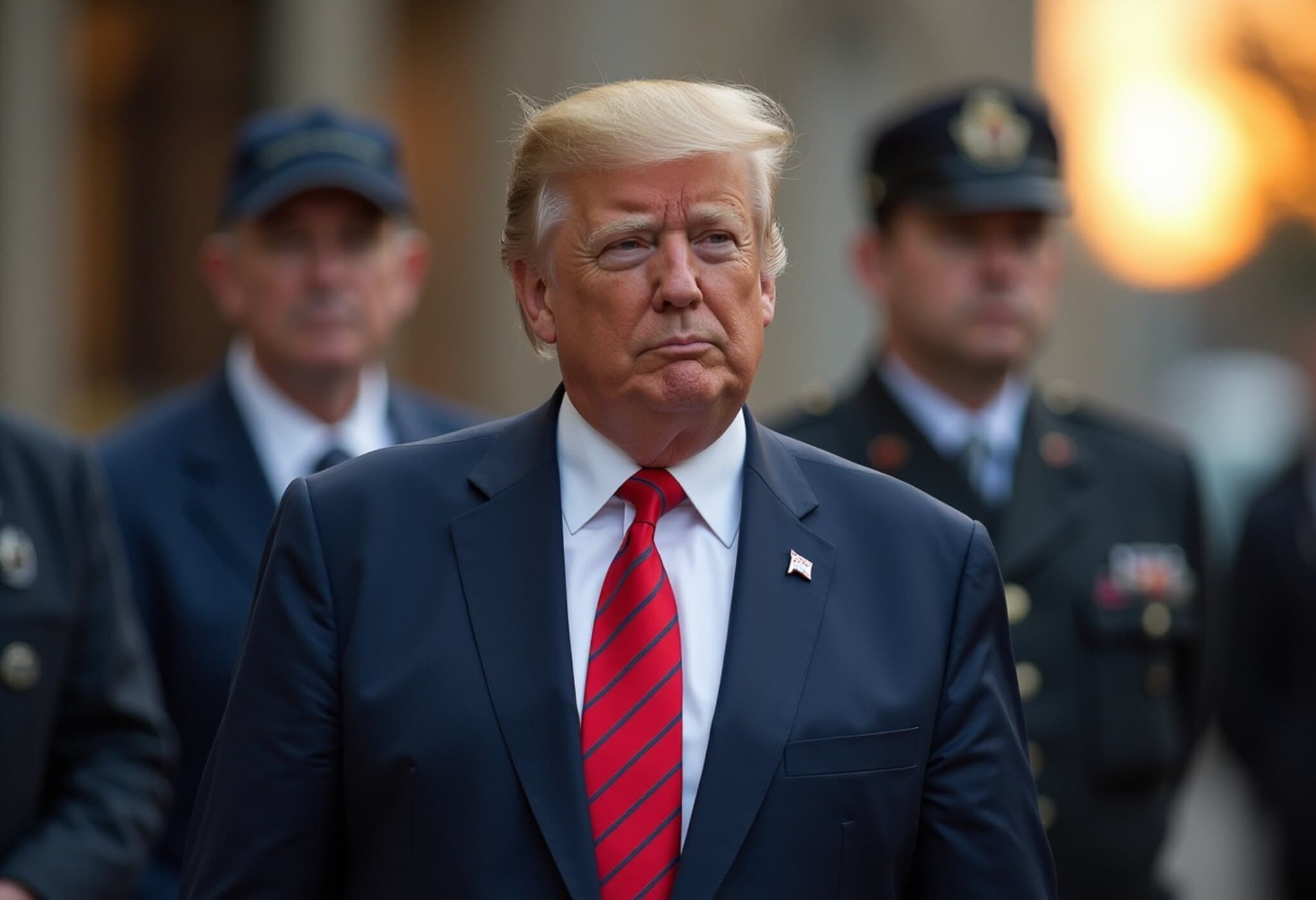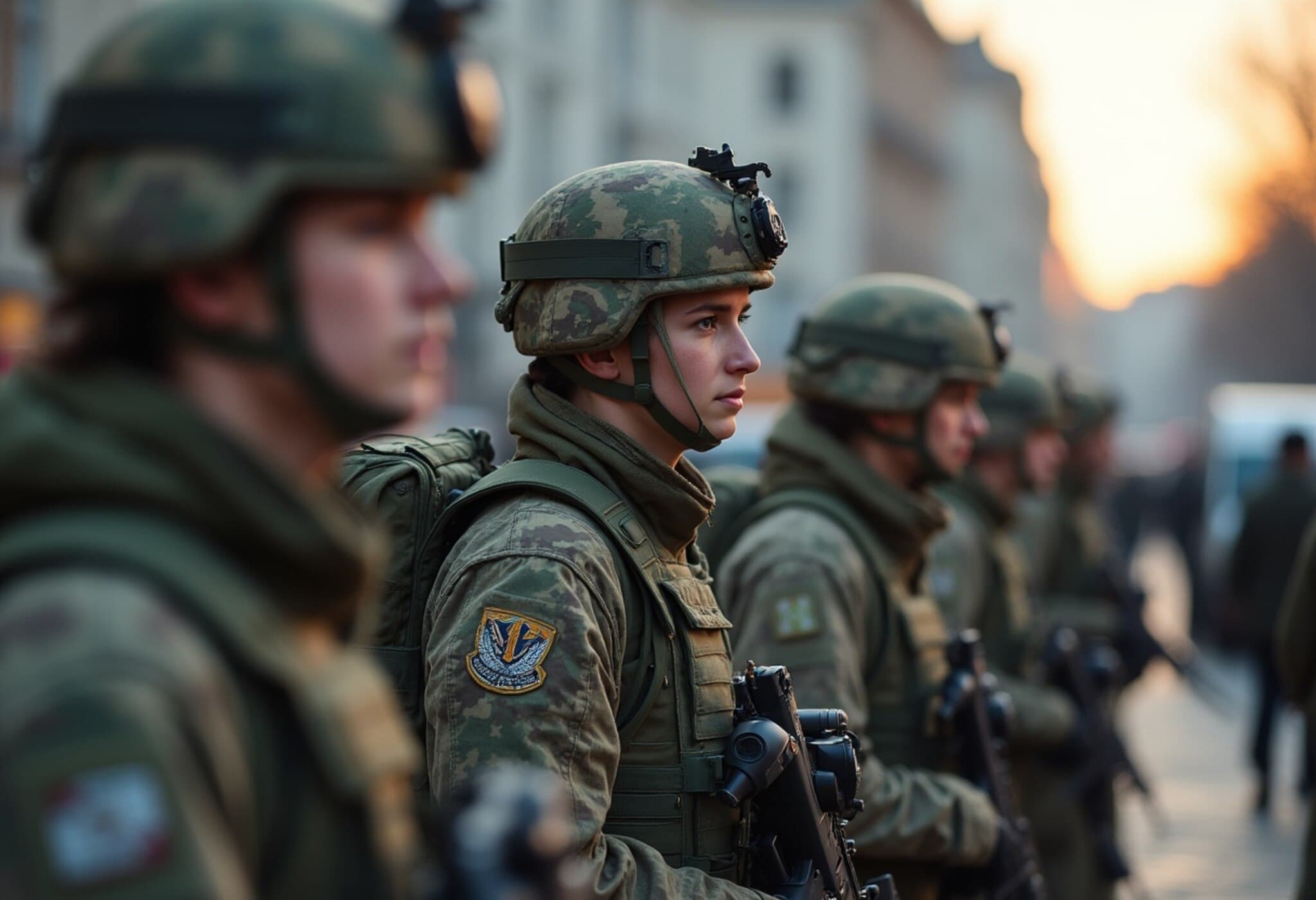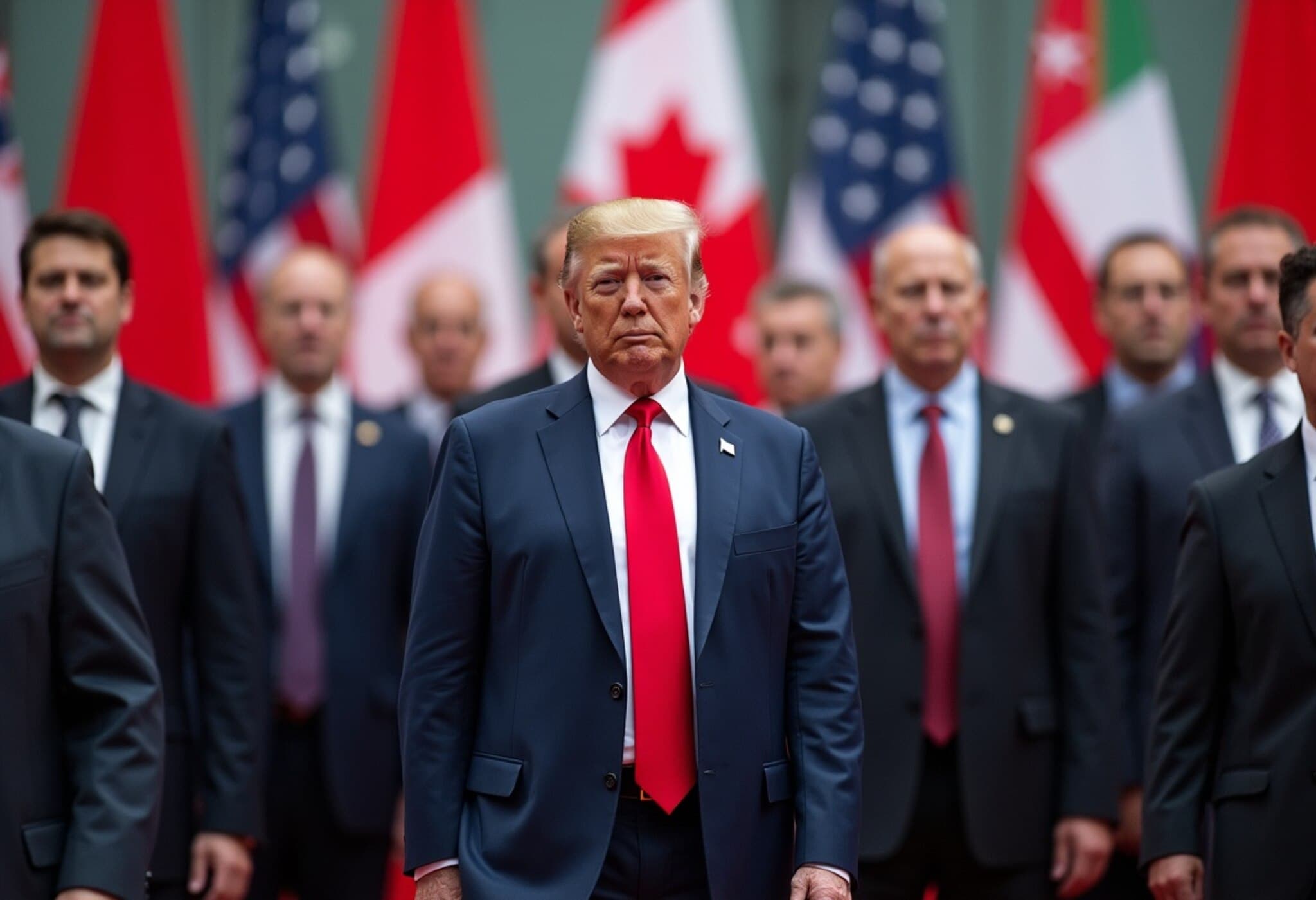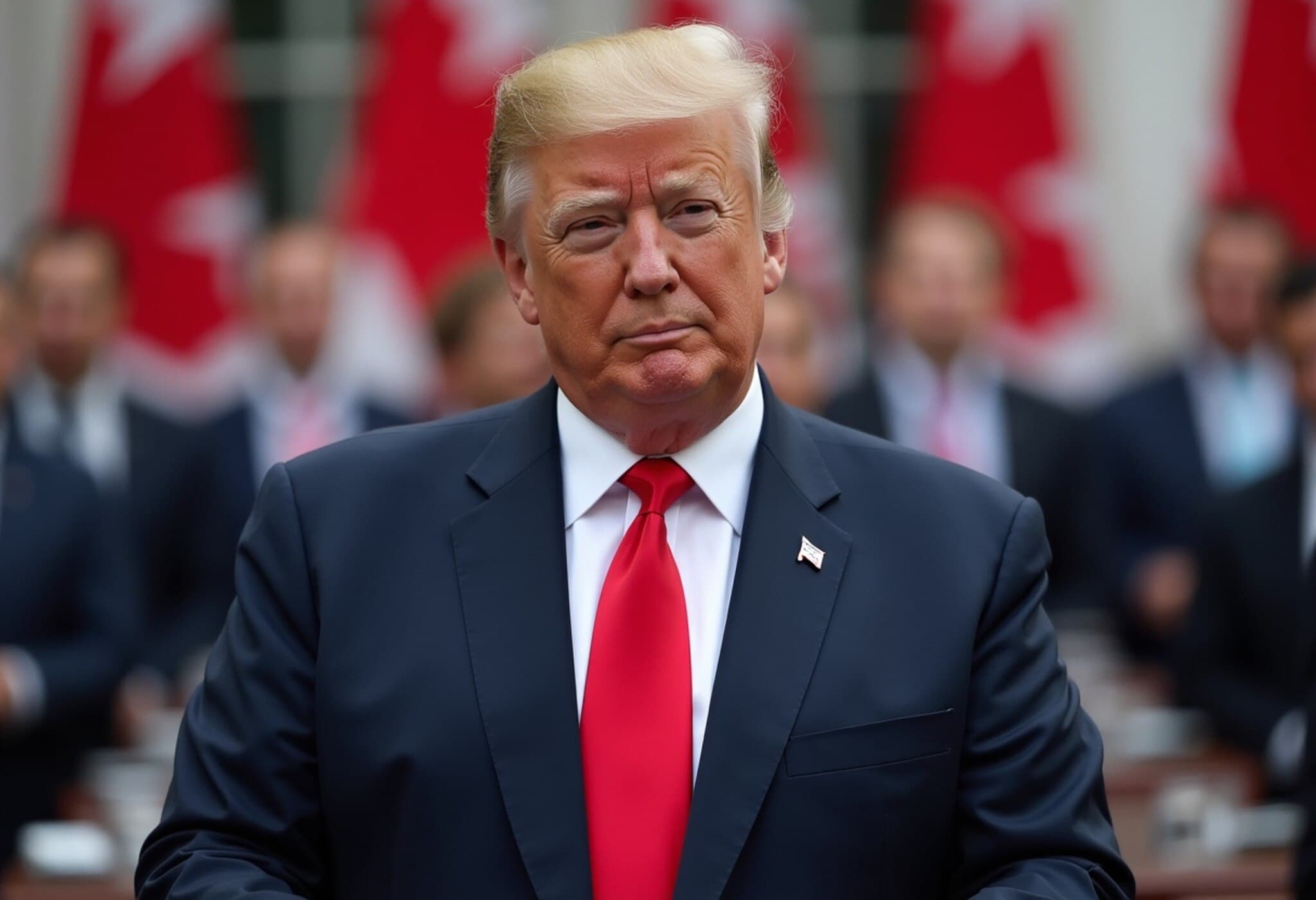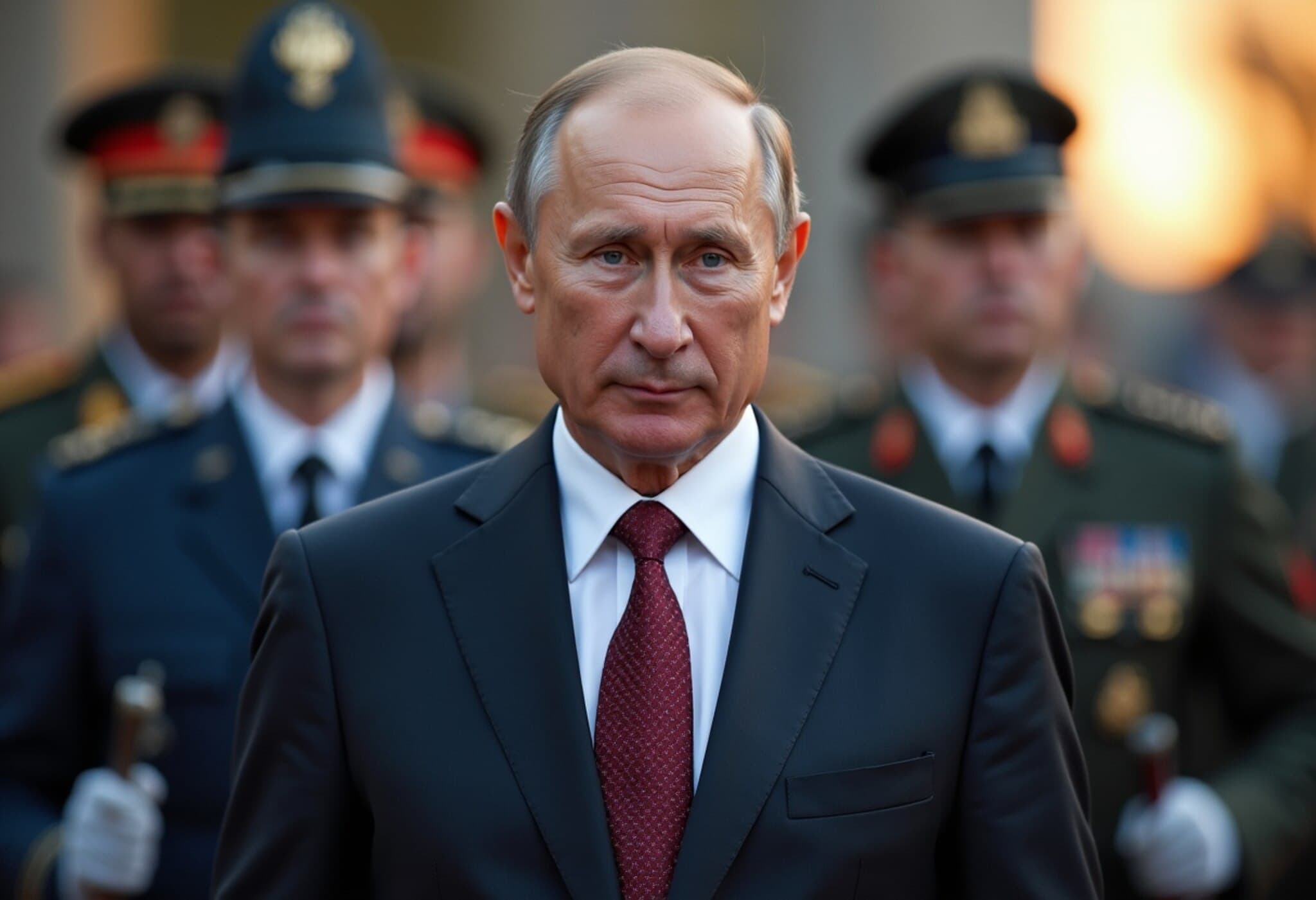NATO Secretary General Mark Rutte Arrives in Washington to Discuss Ukraine Support
In a significant development amid ongoing geopolitical tensions, NATO Secretary General Mark Rutte is set to meet with U.S. President Donald Trump in Washington, D.C., on July 14 and July 15, 2025. The visit, confirmed by NATO in a press release, will also include discussions with Secretary of State Marco Rubio and Secretary of Defense Pete Hegseth.
Context Behind the High-Level Talks
While NATO’s statement did not elaborate on the specific agenda for Rutte’s visit, the timing is notable given recent remarks from President Trump. During an NBC News interview, Trump indicated a willingness by the United States to supply weapons to Ukraine through NATO channels — a significant shift, as his administration had previously authorized only weapons transferred under former President Joe Biden’s tenure.
This marks an interesting evolution in American policy. President Biden was known for his strong support of Ukraine amid Russia’s ongoing aggression, providing substantial military and humanitarian aid. The Trump administration, however, had displayed caution regarding direct military support, making Rutte’s visit potentially pivotal for renewed or expanded assistance.
Heightened Stakes for NATO and Transatlantic Relations
As the conflict in Ukraine continues to challenge European security and global diplomatic norms, NATO’s role remains central. Secretary General Rutte’s direct engagement with top U.S. officials underscores the alliance’s emphasis on coordinated action. Experts point out that Washington’s stance can heavily influence NATO’s collective response and military commitments.
- Key Discussion Points Might Include:
- Potential expansion of arms supplies to Ukraine through NATO frameworks.
- Strategies for bolstering NATO’s eastern flank amid increased regional threats.
- Collaboration on intelligence and defense readiness.
Implications for U.S. Domestic Politics and Global Security
From a U.S. perspective, this meeting could signal shifts in how the current administration approaches foreign policy, especially in balancing domestic political considerations with international obligations. The upcoming 'major statement' promised by President Trump may clarify his administration's stance and future commitments.
Observers suggest the stakes extend beyond Ukraine — the outcome of these talks might recalibrate NATO’s cohesion and its capacity to deter future aggression in Europe.
What Comes Next?
As NATO Secretary General Mark Rutte heads to Washington, the international community is watching closely. The nature and substance of the agreements forged during this visit could profoundly impact the trajectory of the Ukraine conflict and the broader architecture of transatlantic security cooperation.
Further updates are expected following the meetings, potentially heralding a new phase of support for Kyiv and a strengthened NATO alliance.
Editor’s Note
This high-profile visit comes at a critical juncture when global attention on Ukraine has intensified. While President Trump’s willingness to make a 'major statement' suggests potential policy shifts, key questions remain: Will the U.S. increase direct military aid? How will this affect NATO’s internal dynamics and the ongoing conflict in Eastern Europe? Readers are encouraged to monitor these developments for their far-reaching implications on international security and U.S. foreign policy.

